

0%


Besedin A.P., Volkov D.B., Kuznetsov A.V., Loginov E.V., Mertsalov A.V.
Epistemology & Philosophy of Science. Moscow, 2021.
The article is a review of the philosophical problems of introspection as a method of cognition that are actively discussed in the contemporary analytic philosophy of mind. The article is the result of discussions that were held during the Summer School “Consciousness and Introspection” organized in July 2020 by the Moscow Center for Consciousness Studies and led by Professor D. Stoljar, one of the top experts in this field. The purpose of the article is to describe to readers the current state of affairs in the English language research in this area. Modern theories of introspection have been formed as a result of discussions in the philosophy of mind and epistemology in the XX century. One of them is S. Shoemaker’s critique of the perceptual model of introspection and the related problem of self-blindness. Another topic is the transparency of experience (G.E. Moore, G. Evans). Finally, D. Dretske offered an influential critique of introspection in general. The discussion of these topics led to the arising of various modern theories: rationalistic (A. Byrne, D. Stoljar), acquaintance theories (B. Gertler, D. Chalmers), constitutive (S. Shoemaker), simple (D. Smithies), and others. An important area in which introspection finds their application is the philosophy of consciousness. The article considers the thesis of revelation, according to which the conscious state reveals its essence in introspection: the relation of this thesis to folk psychology is analyzed (D. Lewis, D. Stoljar), arguments against physicalism based on it are considered (P. Goff). Finally, the authors consider illusionist approaches to introspection based on the understanding of introspection as a representative system (D. Dennett, K. Frankish). Proponents of these approaches suggest the most acute criticism of introspection, pointing out its unreliability as a method of cognition, and, accordingly, the inapplicability of introspection in the philosophy of consciousness. Objections to this position are represented by M. Nida-Rumelin. This work does not pretend to consider all the existing theories of introspection and related problems. However, this review can give an idea of the main positions and problems in this area and assess the prospects for its development.